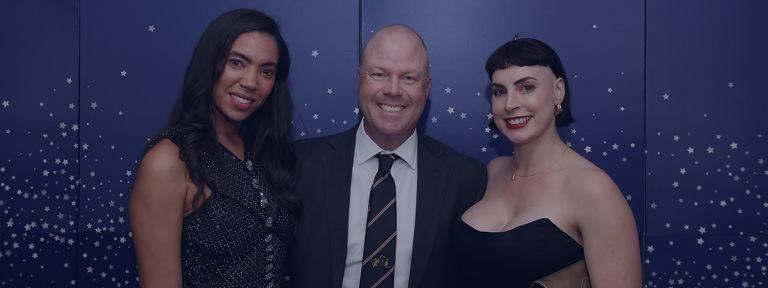Insights
4 October 2024
The Role of Sustainability in Creative Recruitment
There is an increasing emphasis on sustainability within the creative industry and more brands are learning that they have to incorporate purpose-driven roles to attract and retain environmentally-conscious talent. Here we explore this shift, how it’s influencing recruitment strategies and look at the increased demand for sustainability-focused positions. What is a purpose-driven role? Increasing numbers…
There is an increasing emphasis on sustainability within the creative industry and more brands are learning that they have to incorporate purpose-driven roles to attract and retain environmentally-conscious talent. Here we explore this shift, how it’s influencing recruitment strategies and look at the increased demand for sustainability-focused positions.
What is a purpose-driven role?
Increasing numbers of people today are concerned about environmental issues. A recent survey by the Office for National Statistics found that 58% of people believed that climate change and the environment was an important issue facing the UK. And among younger people 70% of Gen Z thought that climate change is the biggest threat to civilisation.
It’s little wonder then, that as Gen Z move into the workplace, they’re placing greater importance on sustainability in every aspect of their lives, including work. Personnel Today noted that 62% of employers have noticed an increase in candidate questions surrounding sustainability issues during the interview process.
Driven by this desire for environmental and social change young people are increasingly seeking purpose-driven roles. These are roles within organisations that share a candidate’s values and have a genuine sense of purpose that’s meaningful and sustainable.
Purpose-driven organisations share their vision of social issues, such as the environment, for example, within the work they do and highlight and promote it through their products, their customer interactions and their employee policies, such as their benefits or volunteering opportunities, or their brand. These beliefs are at the core of what these companies do and are an attempt to create a better world.
How is sustainability driving creative recruitment?
Sustainability – “meeting the needs of the present without compromising the ability of future generations to meet their own needs” (as defined by the United Nations) – also has a role in business as well as in our daily lives. The Harvard Business School defines sustainability in business as, “doing business without negatively impacting the environment, community, or society as a whole”. Increasing numbers of organisations are now realising that in order to attract and retain top talent their sustainability policies must take priority.
Deloitte’s 2024 Gen Z and Millennial Survey highlights younger people’s desire for purpose and their determination to achieve that means that they’re willing to reject employers who don’t match up to their own values of sustainability and climate action. Once in work they try to affect change by putting pressure on their employers to make changes to their environmental policies, and if these tactics don’t work they will simply leave their job – 20% of Gen Z and 19% of millennials have already done so.
When they are looking for a new job a quarter of Gen Z and millennials conduct thorough research on how a potential employer approaches their environmental policies and the impact they have, highlighting their importance.
It’s clear, then, that sustainability is driving employment choices within this demographic and many employers are responding accordingly. HR Magazine reports that the number of sustainability-related job posts grew by 116% in the years from 2019 to 2024, and that over half of job-seekers of any age now think that having an environmentally-respectful job is more important to them now than it was at the beginning of their career. Add to this the startling fact that over 25% of people would take a pay cut to move into a role that is sustainability-positive, and it’s clear that expectations are shifting.
How can employers attract creatives who demand sustainability?
Within the creative industries those organisations vying to attract and retain the most creative talent must, therefore, concentrate their efforts on the importance of strong social and sustainability purpose. There are several ways of doing this:
- Develop and promote your vision – reflect on which causes you and your employees care about, considering what impacts your company has on the wider environment
- Create policies to link that vision to the work you do – perhaps you can offer volunteering opportunities or practical training?
- Develop plans for the future – these can factor in such things as potential clients and promotional opportunities as well as how the company grows
- Communicate your ideas – aligning your values with those of not only your workforce but also your customers will emphasise your potential as a brand and employer of trust.
In order for creative businesses to position themselves as attractive career choices for purpose-driven talent they must offer purpose-driven roles. In this way they will attract and retain talent that is not only engaged and motivated but share a commitment to the company’s future prosperity and success.
For expert advice and exciting new sustainable roles within the creative industry, contact Source.
Related blog
Check out the latest in creative industries and recruitment.









